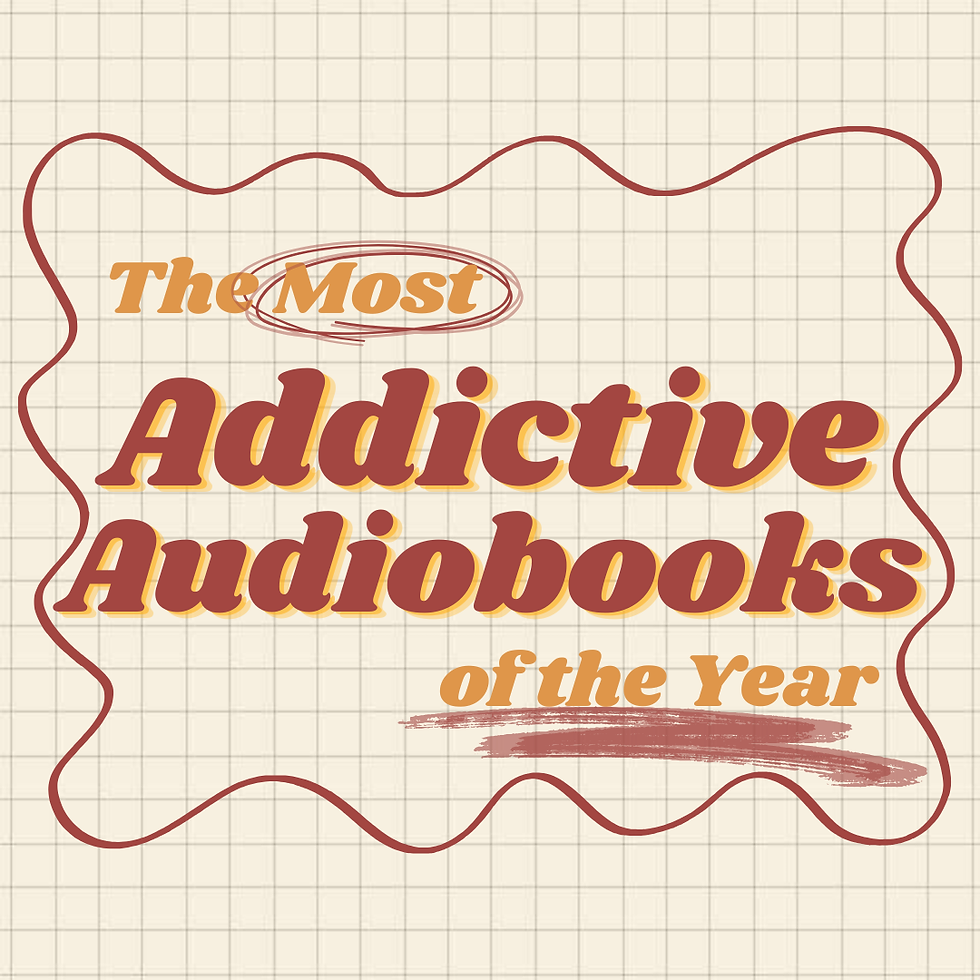The Yoto Carnegie Awards 2023: A First Time Win for a Book in Translation
- The Publishing Post

- Aug 17, 2023
- 4 min read
By Lucy Clark, Alice Reynolds and Rob Tomlinson
Want to read more?
Subscribe to thepublishingpost.com to keep reading this exclusive post.








